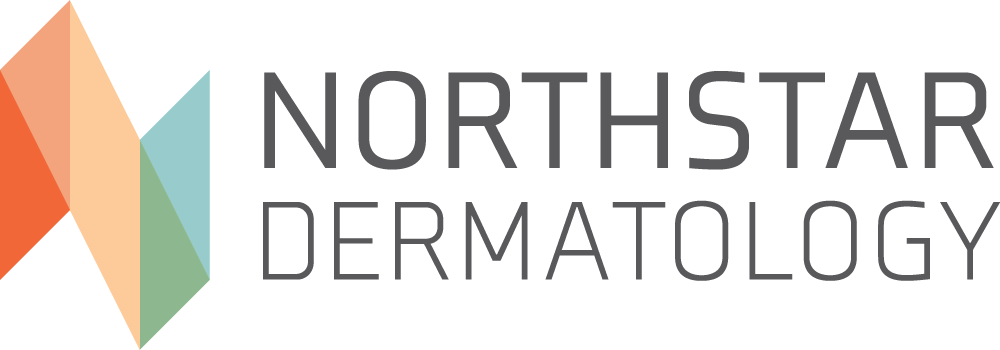Hormones play a key role in acne and skin conditions in adult women. Although acne is typically associated with teenagers, breakouts can occur into adulthood. According to the American Academy of Dermatology, an estimated 50 percent of women between the ages of 20-29 suffer from acne and more than 25 percent of women between the ages of 40-49.
Hormone/Acne Link
Both male (androgens) and female (estrogen) hormones can play a role in acne by:
- Stimulating an overproduction of sebum (oil secreted by the sebaceous glands) which can lead to breakouts
- Contributing to a build-up of dead skin cells that clog pores causing pimples or blackheads
Hormonal fluctuations associated with a woman’s menstrual cycle or pregnancy can lead to acne in women in their 20s, 30s or older.
Persistent acne that continues in the mid-20s or that develops after age 25 could indicate the presence of polycystic ovarian syndrome, or PCOS. PCOS is a hormonal disorder affecting nearly 1 in 20 women of childbearing age.
Breakouts associated with PCOS typically occur on the cheeks, jawline, chin and upper neck. The acne often presents as nodules under the skin that worsen right before a woman’s monthly period.
Treatment Options for Acne in Women
Hormones are known to trigger acne in some women, but they can also serve as an effective acne treatment. Oral contraceptives (the pill) may be prescribed alone or in combination with spironolactone (an anti-androgen medication) to improve symptoms of acne in women.
Hormonal acne therapy is not recommended for women with a personal history of breast cancer, heart attack, stroke, blood clots, uncontrolled high blood pressure or abnormal vaginal bleeding.
Your dermatologist may also prescribe topical retinoids for mild to moderate acne. These medications should be started slowly and gradually increased to avoid skin irritation.
Lifestyle Remedies for Acne in Women
Acne treatment therapies take time to work, and results may not occur for up to 10 weeks after a treatment has been initiated. To minimize acne breakouts and reduce skin irritation:
- Wash twice daily with a mild cleanser
- Always remove make-up before bed
- Avoid scrubbing or harsh exfoliants that could irritate the skin
- Apply a non-oily moisturizer once a day, even if skin is oily
- Avoid picking at skin or popping pimples, which could lead to infection or scarring




